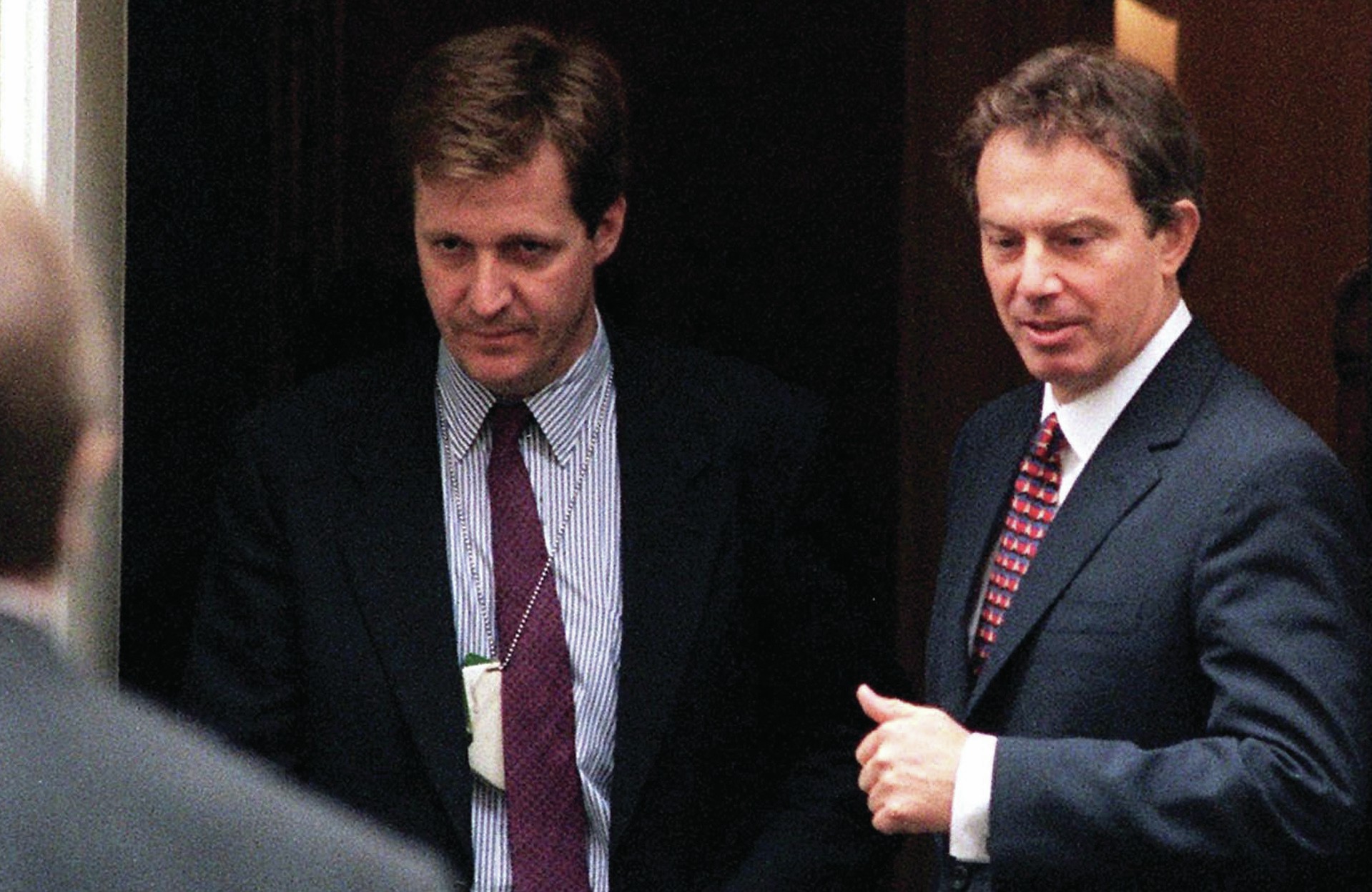
When first elected in May 1997, it seemed that what we call New Labour and especially its leader, Tony Blair, could do no wrong. He had, it was claimed, personally transformed and revived the Labour Party — Blair was the one responsible for making it ‘New’ and would even create a ‘New Britain’. Enoch Powell was fond of saying that all political careers end in failure, but, even if the political career of New Labour’ is drawing to a close, was it a failure? Has the world economic crisis precipitated ‘the death of New Labour’, as many claim? Is it a matter of new leader, new circumstances, Old Labour?
Alastair Campbell claims he coined the term ‘New Labour’ in mid-September 1994. Initially, even Blair was afraid of employing such a bold way of describing the party. Campbell, however, was convinced that it was the clearest way of conveying to doubting voters that the party had changed and would continue to change in order to become ‘fit for power’. New Labour was meant to indicate that, with Blair in charge, the party had been utterly transformed from the one many believed had existed during the 1970s and 1980s — one defined by ‘tax and spend’, economic incompetence and hostility to the middle class.
Your organisation does not have access to this article.
Sign up today to give your students the edge they need to achieve their best grades with subject expertise
Subscribe




